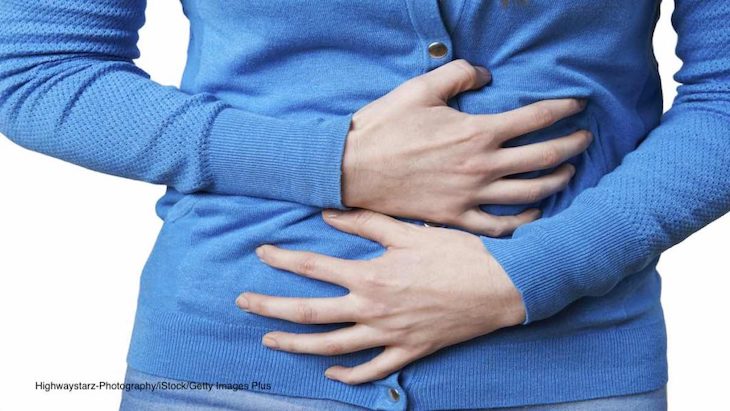With all of the recalls, warnings, studies, and outbreak notices we publish, we hope that people who are in populations most at risk for food poisoning and their families are paying attention. But who is most at risk for complications from food poisoning?

There are certain populations who have more of a chance of becoming seriously ill if they contract food poisoning infections. Those people, and their families, need to be extra careful to make sure the food they eat is safe and free from contamination. They include the elderly (over age 65), the very young (under the age of 5), pregnant women, people with chronic health problems such as diabetes, cancer, and heart disease, and those with chronic suppressed immune systems.
Families of these groups need to be especially careful to follow the four basic steps to food safety, which include Clean, Separate, Cook, and Chill, as well as pay attention to food recalls and outbreak notices posted by the CDC, FDA, and USDA. It’s also a good idea to know the symptoms of food poisoning, because earlier treatment may help prevent complications.
The pathogens that cause most food poisoning illness are E. coli, Salmonella, Listeria monocytogenes, and Campylobacter. And the foods that are most commonly associated with outbreaks are leafy greens, meats, poultry, and raw eggs, unpasteurized milk and juice, and raw sprouts.
There are other ways to protect vulnerable members of your family. Take care when you are shopping. Don’t buy damaged, swollen, dented, or rusty cans of food. Make sure that the produce you buy is unbruised and free from cuts or holes. Don’t buy packages of lettuce that have any slimy or bruised leaves. Always keep foods such as raw meats and eggs away from foods that are eaten uncooked while you’re shopping; put those items into plastic bags. And pick up frozen and refrigerate items just before you check out so they stay cold.
In the kitchen, always wash your hands thoroughly with soap and water before preparing food and after handling potentially contaminated food. Avoid cross-contamination, clean up after handling raw meats and poultry, and always cook foods to safe final internal temperatures.




